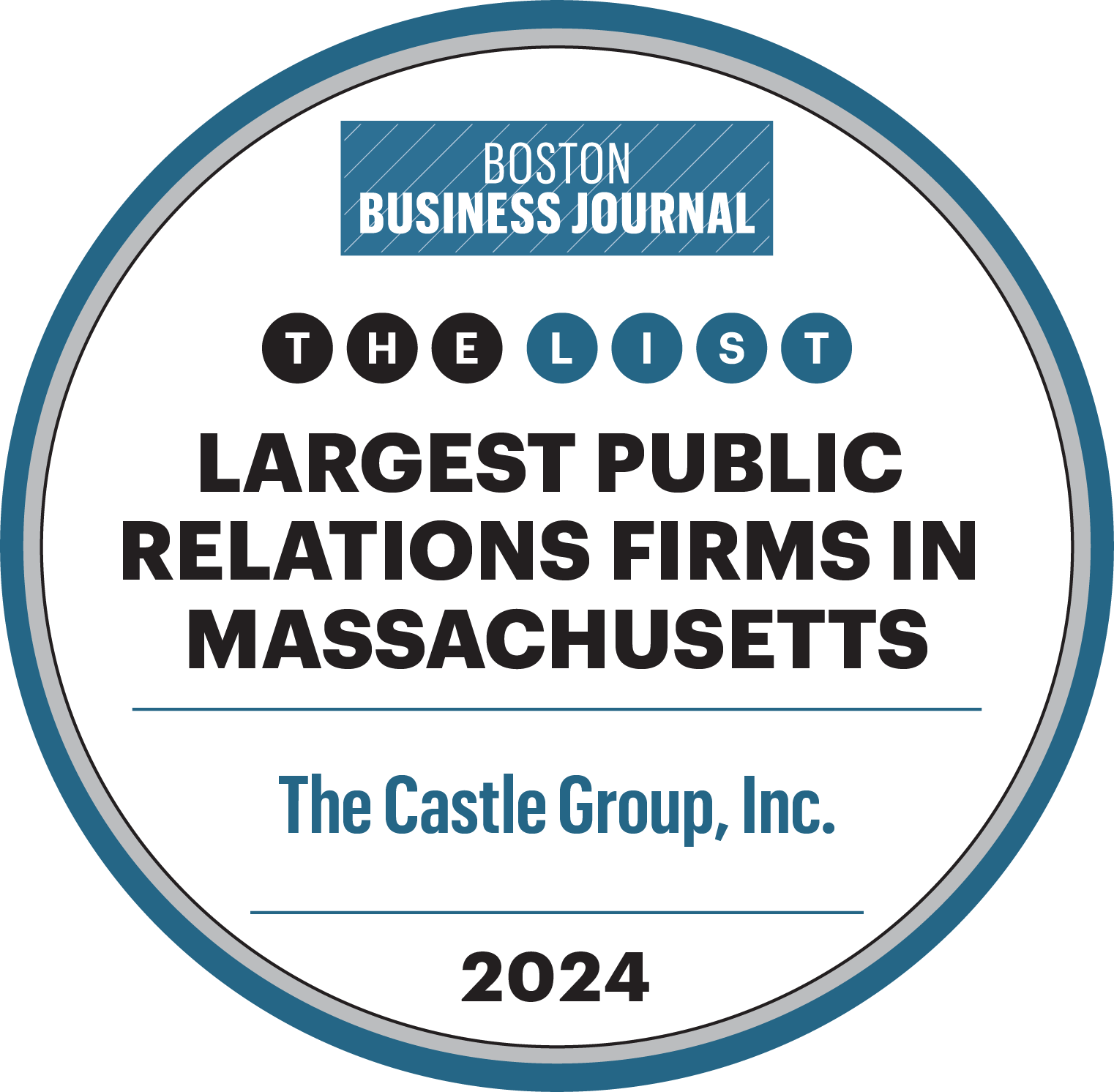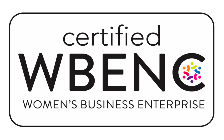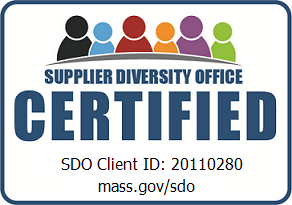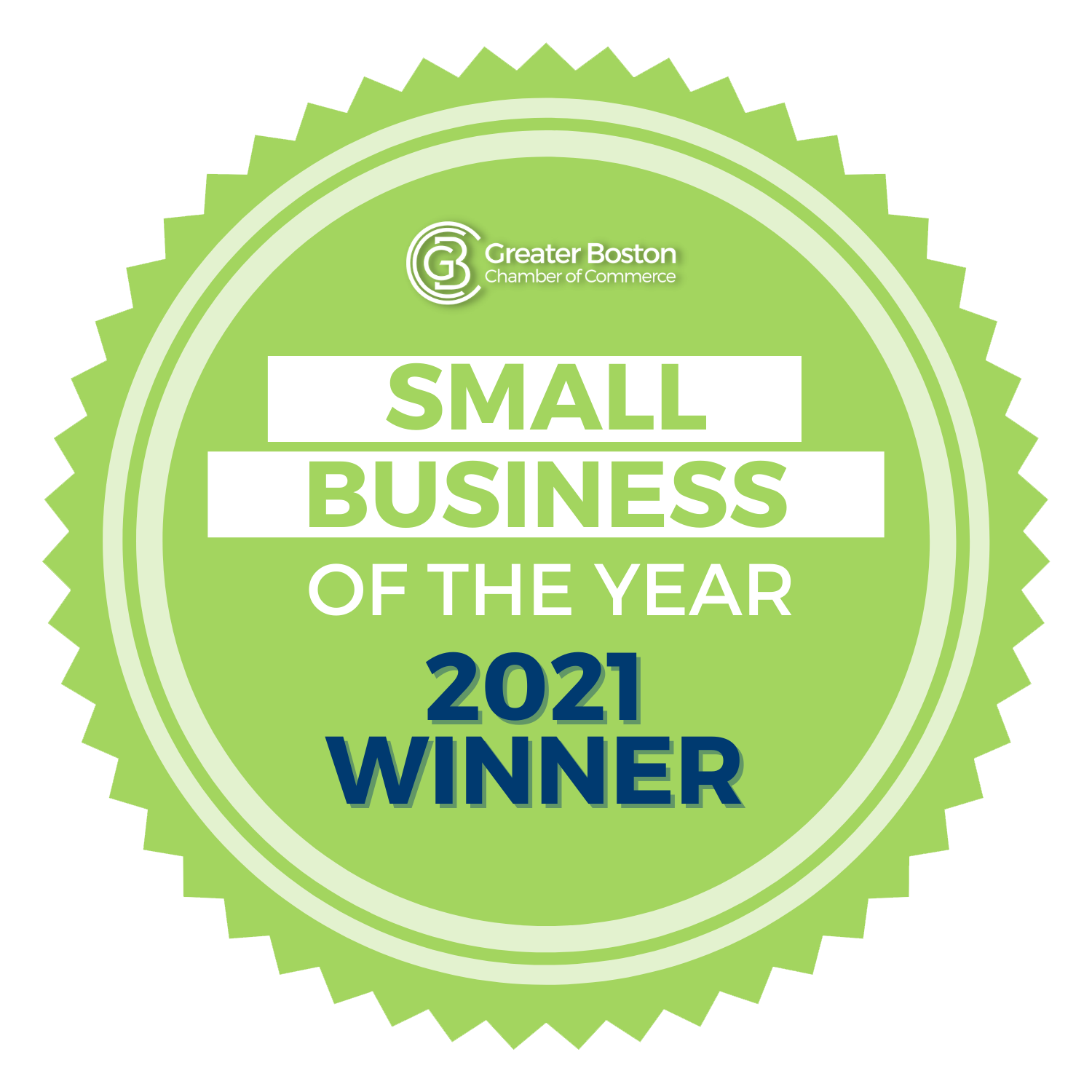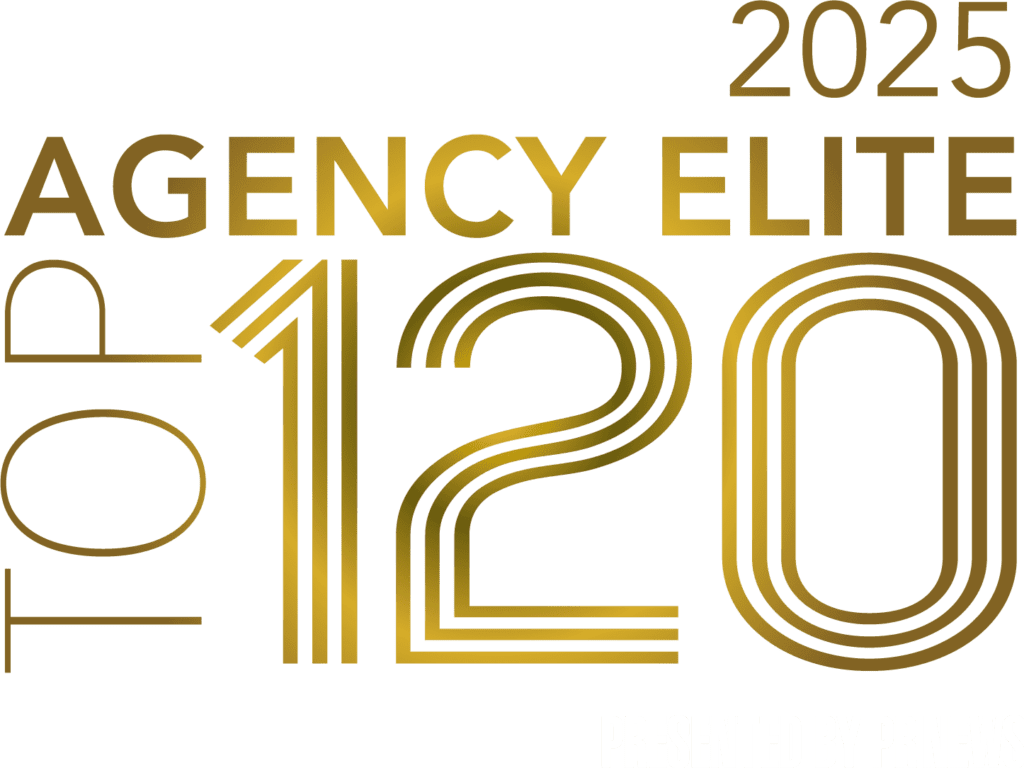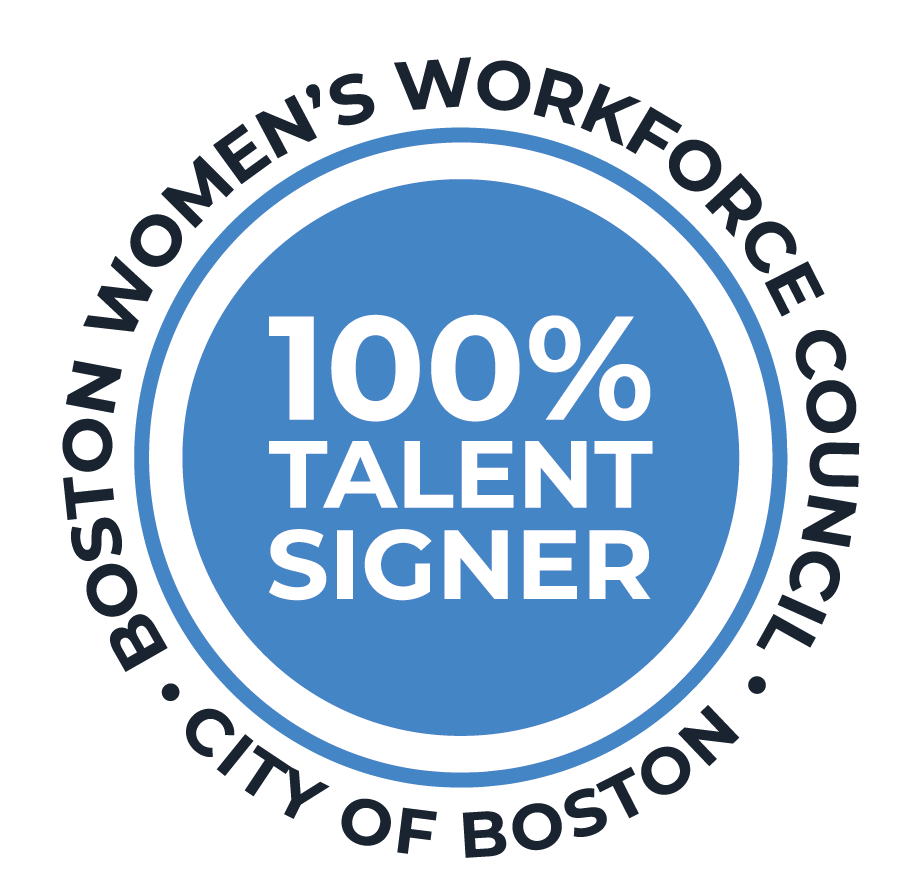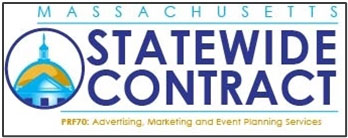Imagine this scenario: you’ve been tasked to organize a user group conference, sales incentive program, product launch, corporate retreat, annual fundraiser, or fill in the blank here. You need to hit it out of the park, but it’s a first-time event at your company, and planning is not your primary role or in your wheelhouse. You are also aware that events, when executed successfully, are an essential part of your marketing mix. You realize you should seek the expertise of an outside event management agency to help save time and money and deliver optimal results. But how do you select the best company for the task?
First, what is an event management company, and what support can they offer?
WHAT IS AN EVENT MANAGEMENT COMPANY?
An event management company is a professional service provider that plans, organizes, and executes events on behalf of clients. These companies bring expertise, vendor networks and relationships, and logistical know-how to the table, helping transform an idea or objective into a fully realized experience. Whether you’re hosting a conference, fundraiser, employee retreat, product launch, or multi-day meeting, an event management company ensures that every moving part—from venue and budget to signage and stage design—is handled with attention to detail.



WHAT DO EVENT MANAGEMENT COMPANIES DO?
Event management companies provide expertise and services in planning, organizing, and executing all or certain elements of an event on behalf of their clients. Services may include the following:
- Branding/event identity
- Budget management
- Concept and theme development
- Entertainment management
- Event collateral design
- Event layout and design
- Event marketing and promotion
- Event production and A/V
- Event sustainability planning
- Food/beverage management
- Entertainment/leisure activity coordination
- Housing management
- On-site event management and event execution
- Post-event analysis
- Promotion and social media
- Registration management
- Safety and security
- Site research and selection
- Speaker management
- Special events
- Supplier contracts and negotiations
- Travel arrangements/transportation management
- VIP services
- Virtual and hybrid event services
- And more
WHAT ARE THE DIFFERENT TYPES OF EVENT MANAGEMENT COMPANIES?
There are different types of event companies/partners to select from, including freelance professionals, production companies, and full-service events agencies. Knowing the scope and scale of your event needs and having a clear idea of budget can help the selection process.
A freelance event professional might be your best option when you are looking to fill a staffing gap, manage a small-scale meeting, or have a small budget. If your event needs are strictly technical (i.e., livestreaming, lighting, stage design, videography, audiovisual support, etc.), then a production company may be the better choice. For more comprehensive, strategic planning or mid-to-large-scale projects, a full-service events company, like Castle, will handle all aspects of event planning from concept to completion. We tend to think of ourselves as an event general contractor. Like building a home or other structure, an event management company ensures that each facet of the event program is not only structurally sound but aesthetically pleasing, guest-friendly, and completed on schedule and within budget.
HOW DO EVENT MANAGEMENT COMPANIES WORK?
Event management companies typically start by meeting with the client to understand the event’s goals, audience, and budget. From there, they create a detailed plan and timeline, outlining everything from venue selection and vendor sourcing to branding, registration management, logistics, and on-site execution. Depending on the company and scope of work, they may also offer strategic guidance, content development, and post-event reporting. Full-service agencies like Castle act as an extension of your team, managing every aspect of production so you can focus on your role—while they handle the rest.
HOW MUCH DO EVENT MANAGEMENT COMPANIES CHARGE?
Event management fees can vary widely based on the size, complexity, and duration of your event, as well as the scope of services provided. Pricing models typically fall into one of three categories: flat fee, hourly rate, or percentage of the total event budget. Some agencies may also offer tiered pricing based on service packages. Be sure to clarify what’s included—event planning, day-of coordination, vendor management, and travel, for example—so there are no surprises. Transparency is key, and reputable agencies will outline deliverables and pricing clearly in a formal proposal or contract.
DO YOU NEED AN EVENT MANAGEMENT COMPANY?
Going back to the opening scenario, it’s wise to hire an outside agency when any or all the following apply: you need guidance/support on event strategy and tactics, you have limited in-house capacity, logistics do not fall in your wheelhouse, you are seeking to better engage your audience, and want to take your event to the next level.
WHY HIRE AN EVENT MANAGEMENT COMPANY?
Professional event management companies deliver exceptional value through strategic expertise that transforms your vision into reality; comprehensive project management from concept to execution; vendor coordination with established relationships for premium service; flawless onsite execution that eliminates day-of stress; and cost-effectiveness through negotiating power and industry connections. Experienced planners anticipate challenges before they arise, adding significant value while helping you avoid common pitfalls. By partnering with event professionals, you’ll not only save valuable time but also gain peace of mind knowing every detail is handled with precision.
HOW MANY EVENT MANAGEMENT AGENCIES SHOULD YOU EVALUATE?
There’s no magic number but evaluating 2–4 agencies is generally a good range. This gives you enough options to compare services, experience, and approach without becoming overwhelmed. Start with agencies that have relevant experience in your event type and industry, then narrow down your list based on compatibility, responsiveness, and strategic alignment. A strong agency relationship is built on trust and communication, so it’s worth the time to explore a few options before making your final decision.
WHEN SHOULD YOU SELECT AN EVENT MANAGEMENT AGENCY?
The earlier, the better. Ideally, you should bring an event management agency on board at least 8–12 months before a major event, or 6 months for smaller events. This allows enough time for strategic planning, venue sourcing, vendor contracting, and creative development. The more lead time you have, the more flexibility you’ll gain with pricing, talent, and venue options. If you’re working on a tight timeline, many agencies can still help, but your choices may be more limited, and costs could increase due to last-minute needs.
10 THINGS TO LOOK FOR IN AN EVENT MANAGEMENT COMPANY
1. EXPERIENCE
Perhaps the most important quality to consider when hiring an event planner is the depth and breadth of experience they can bring to your event. Inquire about the number and type of events produced, the tenure of employees, and project management style. Make sure the experience matches the type of event you are seeking to host. For example, if you are planning a large-scale trade show with multiple exhibitors and sponsors vs. an exclusive sales incentive program with attendee travel coordination, the services required may be very different. At Castle, our management team has been with the agency for an average of 14 years, producing hundreds of events worldwide in all shapes and sizes, representing clients from the non-profit, public, and private sectors.
2. STRATEGIC COUNSEL
Many companies offer planning and logistical services. However, does the event management company see the big picture, understand your event goals, and plan everything toward this end? Having a strategic partner in the planning process can provide the extra step necessary to maximize your ROI.
3. PARTNER/VENDOR RELATIONSHIPS
From event venues and caterers to photographers, tent companies, and city permit offices, the art of planning involves coordinating with many different vendors and industry contacts. A well-connected event management company that has established relationships with a reliable, trusted, and diverse set of vendors can save time and money, and lead to a smoother planning process and overall event execution.
4. CREATIVITY AND INNOVATION
Creativity plays an important part in achieving a memorable and unique event. Ideally, an outside events agency should bring fresh ideas to the table and engage with you in creative brainstorming; helping develop themes, design, layout concepts, entertainment and engagement ideas, and ways to wow your audience. The company you hire should be on top of industry/audience trends and know what works and what doesn’t in your event setting. A good event management company also knows how to work creatively to make the most out of any budget.
5. CREDIBILITY/REPUTATION
As part of the decision-making process, it’s wise to check references, seek testimonials from past or current clients, and ask to see examples (photos, videos, case studies, etc.) of past events. Reputable event management companies will have client rosters and a strong portfolio of work to share. This feedback can help verify whether the company delivers the quality service and results that you require. It also provides a level of trust, knowing that others have had successful experiences and were satisfied customers.
6. TECH SAVVY
In today’s digital age, technology is integral to event management. Ensure the company you are hiring is up to date with registration platforms, mobile apps, virtual event capabilities, and other technologies necessary for your event’s success. Being tech-savvy can save you time, create efficiencies, and help create a seamless experience for guests.
7. CLEAR SERVICES AND PRICING
You may need an event management company to perform all or a few event planning pieces. A company should be upfront with the services they can provide and their pricing. Is the scope of services clearly defined so that both parties can identify what the client vs. the planner will be responsible for? Make sure to require a formal contract and ensure all terms, policies, and pricing are clear and align with your expectations before signing.
8. SUSTAINABILITY
Hosting sustainable events is becoming increasingly important to the triple bottom line (people, planet, and prosperity). If going green is a focus, seek a planning company that has experience with sustainable event management and can integrate sustainable practices into the planning process. They should be able to suggest eco-friendly alternatives and address aspects such as waste reduction, energy efficiency, sustainable sourcing (gifts, signage, catering, etc.), and transportation options. At Castle, our team is well versed and certified in event sustainability. We are committed to utilizing and promoting sustainability practices that help our clients make a positive impact.
9. FLEXIBILITY AND ADAPTABILITY
Every event planner will agree that the most important thing to expect when planning is the unexpected. Events can be unpredictable and plans often need to change on the fly. Assess how the company handles unanticipated challenges and adjusts to last-minute changes. A flexible agency should have contingency plans for various aspects of your event.
10. COMMUNICATION SKILLS
Effective communication is crucial in event planning. Pay attention to how the company communicates with you during the initial stages of your engagement. Is the dialogue open and easy? Is the company responsive and attentive to your needs? You want a partner who listens to your ideas, provides feedback, and communicates clearly throughout the planning process. Additionally, successful event planning requires communication with multiple stakeholders, including vendors, speakers, sponsors, suppliers, venue, and event staff. Strong communication skills are a must to ensure all parties work together seamlessly.
15 QUESTIONS TO ASK WHEN INTERVIEWING EVENT MANAGEMENT COMPANIES
When narrowing down your options, asking the right questions during the interview process can help you identify the best event management company for your needs. Here are 15 smart questions to ask—and why they matter:
- What types of events do you specialize in?
Different companies have different strengths. Make sure their core experience aligns with the type and scale of event you’re planning—whether it’s a conference, fundraiser, product launch, or employee retreat. - Can you walk us through your event planning process?
Understanding their planning methodology will provide you with insight into how organized, thorough, and collaborative the company is from kickoff to execution. - What’s included in your services—and what isn’t?
Clarity is key. Ask for a detailed scope of services included in their proposal versus what may incur additional fees (for example, travel, printing, photography, etc.). - How do you handle budgeting and cost control?
A good agency should help you stay on budget, suggest cost-saving alternatives, and be transparent about any financial trade-offs. - Who will be our day-to-day point of contact?
It’s important to know whether you’ll be working with a senior team member or someone else—and whether they’ll be onsite during your event. - Do you outsource any key elements?
Some companies handle everything in-house; others rely heavily on external partners. Understanding what’s managed internally helps gauge accountability and quality control. - Can you provide examples or case studies of similar events?
Request photos, videos, or recaps of past work to see how they’ve handled events like yours in scale and scope. - How do you measure success after an event?
Great event companies track KPIs like attendee engagement, budget adherence, and client satisfaction. Their answer here reveals how results-oriented they are. - What challenges have you faced—and how did you solve them?
Hearing real-world examples of how the agency navigated issues like weather disruptions, speaker cancellations, or AV glitches can reveal problem-solving capabilities. - How will you ensure our brand is represented correctly?
If your event is brand-driven, make sure the agency understands how to incorporate brand guidelines, tone, and messaging across touchpoints. - What is your availability and bandwidth during our event timeframe?
Even experienced companies can get overbooked. Confirm they have the capacity to give your event the attention it needs. - How do you select and manage vendors?
You’ll want to know whether they have trusted partners, negotiate contracts on your behalf, and how involved you’ll need to be in vendor decisions. - Do you offer support for virtual or hybrid events?
Even if you’re planning an in-person event now, it’s smart to know whether they can pivot or scale with hybrid/virtual elements if needed. - What does your onsite team look like on event day?
Get a sense of how many staff members will be present and what roles they’ll play—from registration to backstage logistics to client communication. - What sets you apart from other event management companies?
This open-ended question often leads to valuable insights about their philosophy, passion, and unique capabilities.
GET STARTED WITH THE BEST EVENT MANAGEMENT COMPANY
Without the right support, planning events can be downright overwhelming. Many factors must come together flawlessly to ensure success and make sure your goals are achieved. Rather than go it alone, know that an expert planner can be your best ally. Call the Castle events team to help!














